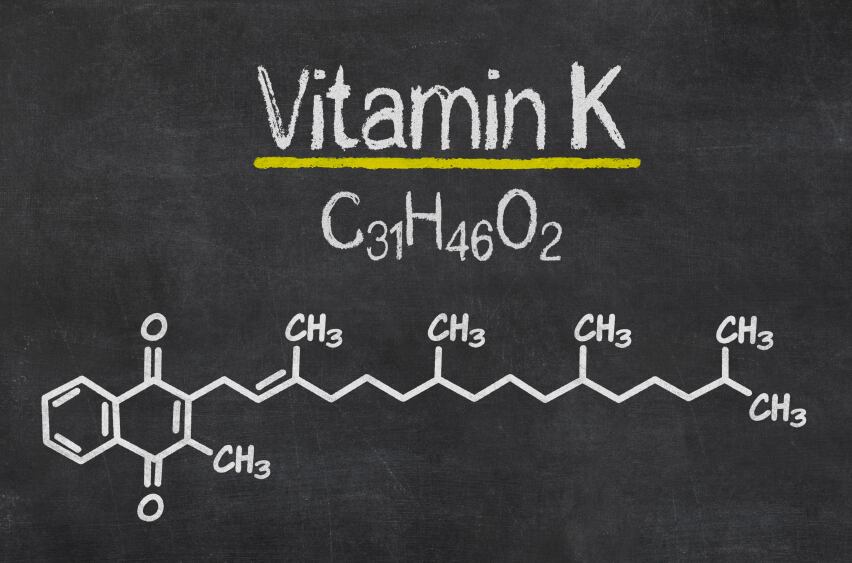Researchers from the University of Leuven in Belgium studied 935 randomly recruited Flemish participants around the age of 40.
Analyzing their vitamin K status, the researchers found a correlation between a participants’ levels of MGP, a marker of vitamin K deficiency, and the retinal microvascular diameter 11 years later.
“Our study highlight the possibility that vitamin K supplementation might promote ocular health,” they wrote in their study, published in the journal Scientific Reports.
“Further studies should clarify the underlying molecular pathways and substantiate the speculation that vitamin K supplementation might promote ocular health and prevent glaucoma-induced optic nerve damage.”
Methods
“MGP is abundantly expressed in the eye, where it takes part in preserving the structural integrity of the trabecular meshwork, the sclera, and the retinal ganglion cells,” they wrote, and considering that activation of MGP requires vitamin K, this led them to hypothesize a link between vitamin K intake and eye health.
Participants in the study were part of a longitudinal cohort called FLEMENGHO, which started recruitment in 1985. As a longitudinal population study, the researchers’ collected measurements at the beginning of recruitment, and then collect them again after a certain amount of time. They then draw information from patterns observed in the changes.
This study focused on collecting health data on Belgium’s Dutch-speaking population, and thus, they argued, “our current findings in white Flemish cannot be extrapolated to other ethnicities.”
Furthermore, the researchers did not measure vitamin K levels directly (they measured a marker that hints to vitamin K levels) because of the complexity of the assay, among several reasons.
But the study has important clinical implications, they added.
“[It] is the first longitudinal population survey assessing the association of retinal microvascular traits with circulating levels of [inactive MGP] measured approximately one decade before retinal photography,” they wrote.
Welcome results
According to one supplier of vitamin K2, NattoPharma, this current study opens new avenues for promoting vitamin K2 for benefits beyond arterial health.
“We at NattoPharma are optimistic that these developments have come to light,” said Christopher Speed, senior vice president of global Sales and marketing with Norway-based NattoPharma.
“There are 17 K-dependent proteins in the body, and we have a strong understanding of a few, which contribute to blood clotting, bone health, and cardiovascular health. These findings shine a light on the importance of continuing our research to articulate the health benefits of activating additional proteins, and the impact that can have on the global population.”
Source: Scientific Reports
Published online ahead of print, https://doi.org/10.1038/s41598-018-33257-6
"Inactive matrix Gla protein is a novel circulating biomarker predicting retinal arteriolar narrowing in human"
Authors: Fang-Fei Wei, et al.




